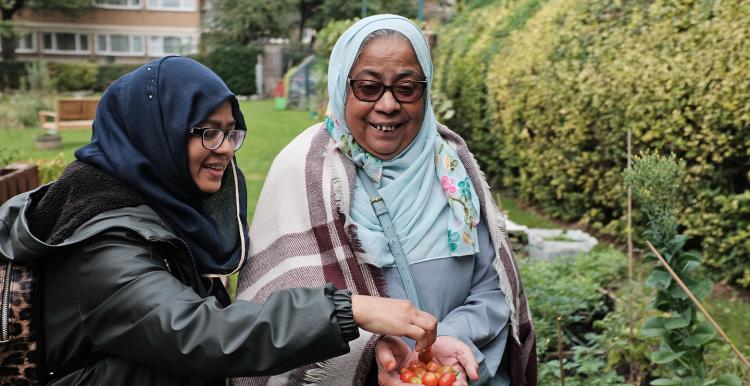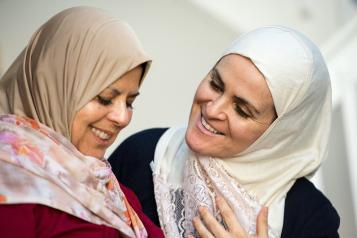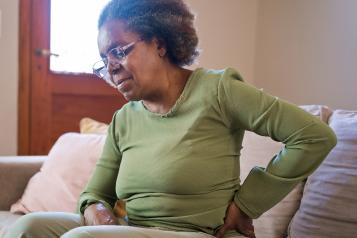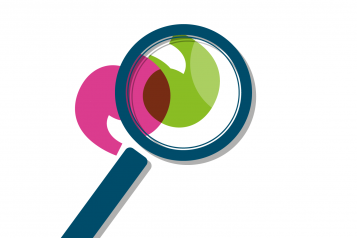Social prescribing in action: how Islington Bangladesh Association supports clients who struggle to access health and care services

Social prescribing and navigation case study
Ayesha* has bipolar disorder and diabetes. She is the sole carer for her elderly mother who is around 60, suffers from dementia and has multiple health problems. Her mother does not access services. In fact she hardly goes out.
Ayesha came to Islington Bangladesh Association to get help. They referred her to Islington Adult Social Services, to get support for her mother. Islington Bangladesh Association’s outreach worker has been in contact to invite Ayesha's mother to their Lunch Club and Gardening Project. This will help her to meet people from a familiar cultural background, and to socialise. The outreach worker made a home visit to explain more about these activities.
Ayesha has been looking for a job for a while. Islington Bangladesh Association referred her to Peabody employment and training services, as she was a Peabody resident. They also helped her to get on an interpreting course at the Light Project, and found her a volunteering opportunity as a Bollywood dance instructor.
Since Ayesha came to Islington Bangladesh Association for support, their staff have seen a huge change in her. Ayesha says she is sleeping better at night and is looking forward to completing her interpreting course. Previously she had little awareness of the services that were available to her, but now she feels much better informed.
*Ayesha's name has been changed
How can we make sure this work is properly resourced?
Many community based organisations in Islington offer social prescribing to the communities they support. However, they don't receive NHS funding for this work. This makes resourcing the work a challenge.
'It’s always hard to judge how much time someone will need because they could come with so many different queries. We don’t have enough staff, but we do work with partners to share duties. For example, we can’t take on new people for our exercise class so we re-direct them to other organisations. It’s hard though, as people want to wait until a space becomes available in our class again. Often we direct them to an organisation just around the corner, but they find it more comfortable to come here. They know people here and they can come with someone. People don’t like to go out on their own. They’re afraid because of Islamaphobia. This makes them afraid of going out on their own, and afraid of going to other services.
‘People come to us mainly through word of mouth. We are a well-established organisation. We’ve been in the borough for over thirty years. Some people come to us because their adult children found us on Google. We get a very small number of referrals from GPs, we get more from Social Services, and some from Housing. Those agencies approach us or refer to us because they need language support to communicate with the client, and because the clients are socially isolated and they are looking for support for them.
‘We aren’t able to reach people who are housebound. We might go out and do a one-off visit but it’s hard to provide specific services for people who are housebound because we don’t have transport and we don’t have capacity, but we know there is a huge demand there.’
Read the report
Download the report in full to find about more about the social prescribing and navigation work carried by community organisations.


